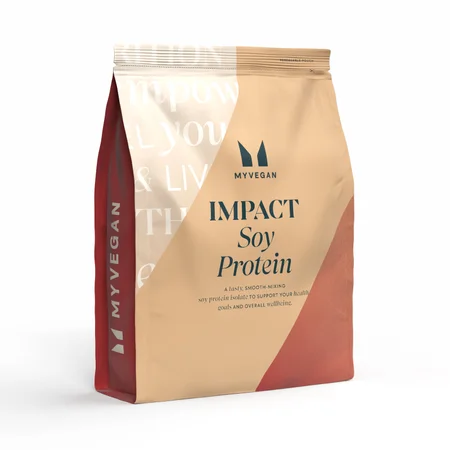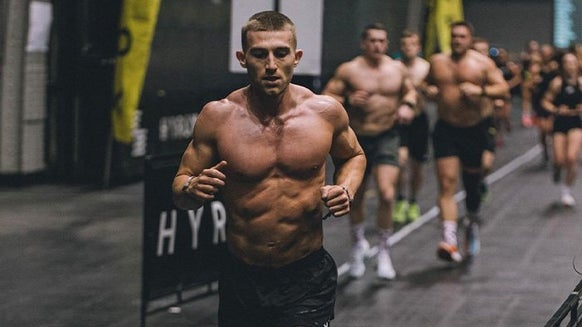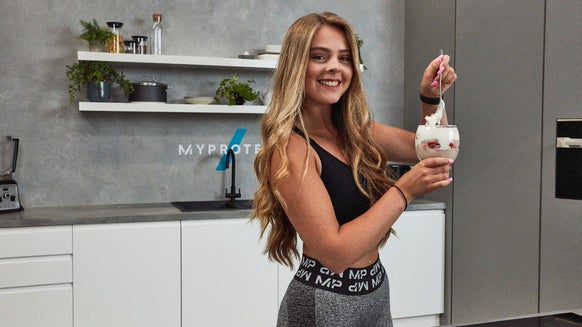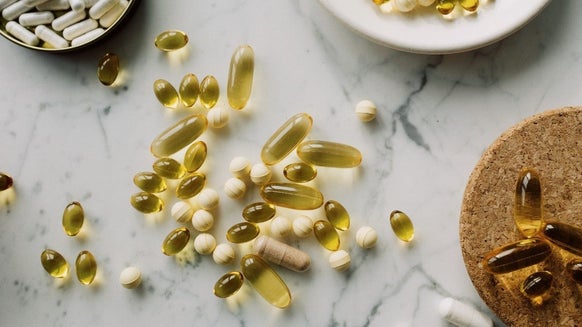Whey Isolate Vs. Whey Concentrate | Nutritionist Explains The Difference

When you first get into health and fitness, there’s no doubt you’ll come across protein powder (I mean, you are reading an article on Myprotein.com). There are loads of different types — clear, casein, vegan, soy — but the powerhouse of the protein world is definitely whey protein.
But whey comes in two forms — whey concentrate and whey isolate. Both will help you to build muscle, but what are the differences between them?
Fortunately, Myprotein product developer and nutritionist Katie Brown is here to demystify the details so you know which of the two is best for you.
What is whey?
Whey is a major component of cow’s milk and rich in protein. We extract the best bits to make whey protein. Here’s a better explanation from Katie.
But how does that liquid turn into a power? Well, we simply filter, evaporate and spray dry the liquid to turn it into a product customers can use.
Whey protein also contains all nine essential amino acids. They’re essential because we need them for our bodies to function, but we must get them from food sources as we can’t make them ourselves. This is what makes whey protein a complete protein. Its strong amino acid profile helps fuel muscle protein synthesis, the process of muscles growing and repairing.
Whey concentrate vs. whey isolate
This is where things can get confusing. Whey protein comes in two forms — concentrate and isolate. A customer favourite, Impact Whey Protein is whey concentrate. It's made by pushing liquid whey through a filter and drying it.
Whey isolate goes through a process called crossflow microfiltration, which Katie says is a “more rigorous filtration process which causes the protein to separate from fat and lactose”.
As well as differences in the filtration process, they also have slightly different nutritional contents.
Protein
Whey concentrate has an 80% protein content, whereas whey isolate has a slightly higher protein content of 90% due to the additional filtering.
Fat
Whey isolate also has a lower fat content thanks to its filtration process, making it ideal for anyone looking to decrease the fat in their diet.
Lactose
Because of whey isolate’s more rigorous filtration process, which separates the fat and lactose from the protein, whey isolate is more suitable for those with lactose intolerance.
Katie says the absorption rate of whey isolate and whey concentrate are pretty much the same, so you’ll reap muscle-building benefits from both.
Should I choose whey isolate?
Whey isolate is ideal for anyone wanting a high quality protein with a low fat and calorie content. However, due to the additional processing needed to make whey isolate, it’s slightly pricier than concentrate.
Should I choose whey concentrate?
If you’re looking for a quick and easy way to up your daily protein intake, whey concentrate is a great choice. It has a slightly higher fat content than isolate, but it’s still 80% protein and slightly cheaper.
Take home message
Both whey isolate and whey concentrate are great choices when it comes to protein. Both provide upwards of 20g of protein per serving, come in loads of delicious flavours and contain all nine essential amino acids. The key differences are in the protein, fat and lactose contents. So have a think about what’s important for your goals, and we’ll deliver you the protein.
READ THESE NEXT:
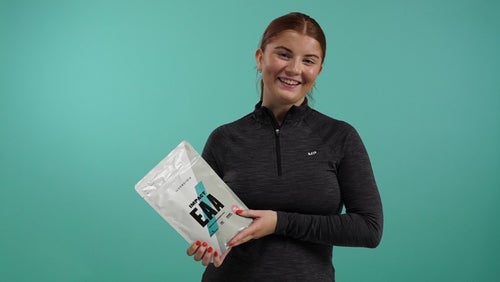
Build Muscle With Zero Calories & Zero Sugar, EAAs Explained
EAAs, the building blocks of protein.
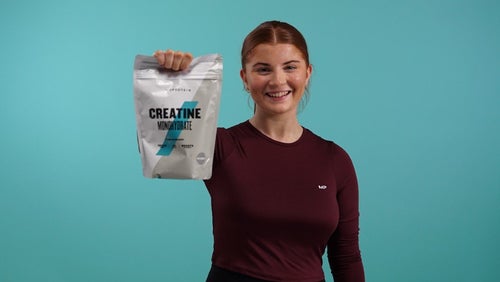
Creatine Isn't Just For Bulking
Yet more about or most talked about supplement.

